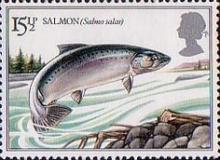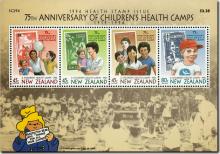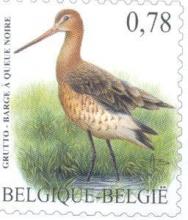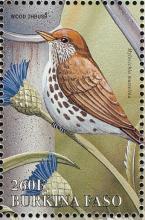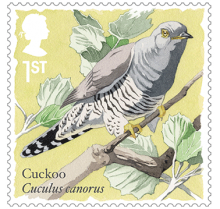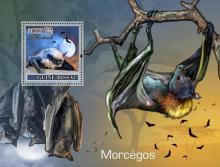Scottish government accused of colluding with drug giant over pesticides scandal
The Scottish Government allowed a US drug company to secretly rubbish a scientific study blaming one of its pesticides for killing wildlife in Scottish sea lochs. The Sunday Herald has uncovered that the £76 billion New Jersey multinational, Merck, hired reviewers to criticise evidence in a scientific study that the company’s fish farm chemical was causing widespread environmental damage. The scientists behind the study and the Scottish Environment Protection Agency (Sepa) privately protested about Merck’s involvement.

